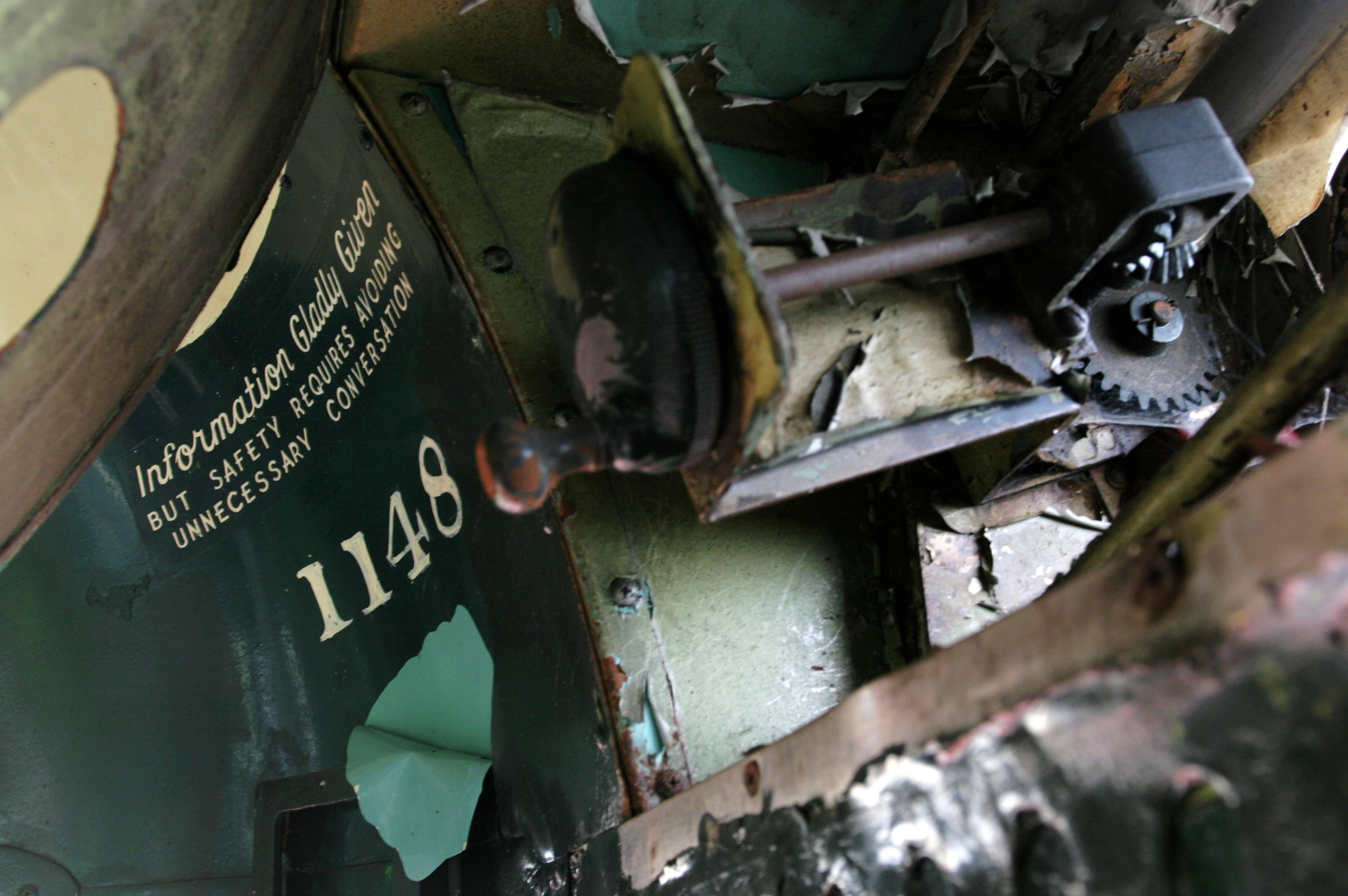
This past summer I thought I’d give Faulkner a read. I had heard he was difficult, might be why I avoided him for so long. I began with “As I Lay Dying” which I found to be moving, humorous and tragic. An enjoyable read punctuated with provocative, vivid, disturbing imagery and insightful revelations such as, “My mother is a fish.”
I enjoyed it enough that I was eager to dive into another of his work and so began “The Sound and the Fury” and this is where my intelligence was insulted, ridiculed even. Insulted to such a degree that I want to challenge William Faulkner’s ghost to a duel. “You, sir, are no gentleman!” followed by the kid glove slap which I assume would pass right through him. Truth is, Bill’s book makes me feel like a dummy.
I can’t call this a book review because I’m not smart enough to understand, appreciate or critique most of what I’ve read. I am unqualified, grossly unqualified; also, I haven’t finished it yet. However I can say this; reading “The Sound and the Fury” is like trying to eat spaghetti in bumper cars. You’re gliding smoothly along enjoying the ride and lapping it up and the next thing you know you’re blindsided by some inscrutable paragraph that jars your reasoning and sends everything you just read flying, leaving you with a stiff neck, swollen tongue and the sauce of Faulkner obscuration all over your clean white shirt.
Here are two sentences that come one after the other in the very same chapter of the very same novel. The first one leaves me feeling drunk and woozy, like I’m trying to express a grandiose love for humanity after polishing off my ninth Jack and Coke.
“Sometimes I could put myself to sleep saying that over and over until after the honeysuckle got all mixed up in it the whole thing came to symbolise night and unrest I seemed to be lying neither asleep nor awake looking down a long corridor of gray halflight where all stable things had become shadowy paradoxical all I had done shadows all I had felt suffered taking visible form antic and perverse mocking without relevance inherent themselves with the denial of the significance they should have affirmed thinking I was not who was not was not who.”
Say what? Bartender pour me another. That is one sentence presented verbatim devoid of punctuation excepting the period at the end. Come on Faulkner, don’t do me like that! The very next sentence to follow is lyrical and poetic and approachable.
“ I could smell the curves of the river beyond the dusk and I saw the last light supine and tranquil upon tideflats like pieces of broken mirror, then beyond them lights began in the pale clear air, trembling a little like butterflies hovering a long way off.”
“The Sound and the Fury” may just be the most challenging book I’ve ever picked up. It is maddening and gorgeous and makes me feel both like a dunce when I’m floundering through the entangled, desultory pages and then like a genius that could carry a conversation with God, when some sublime descriptive passage escapes the haze. Like Spanish moss on a moonless night the words are all shapes and shadows but you know that beneath the veil there are far-reaching, ponderous limbs deeply rooted in the Southern soil. You may find yourself stumbling in the dark for a long while but hopefully come dawn the structure will be revealed and you and Faulkner’s ghost can come to some sort of reconciliation. Maybe even have a drink together.

